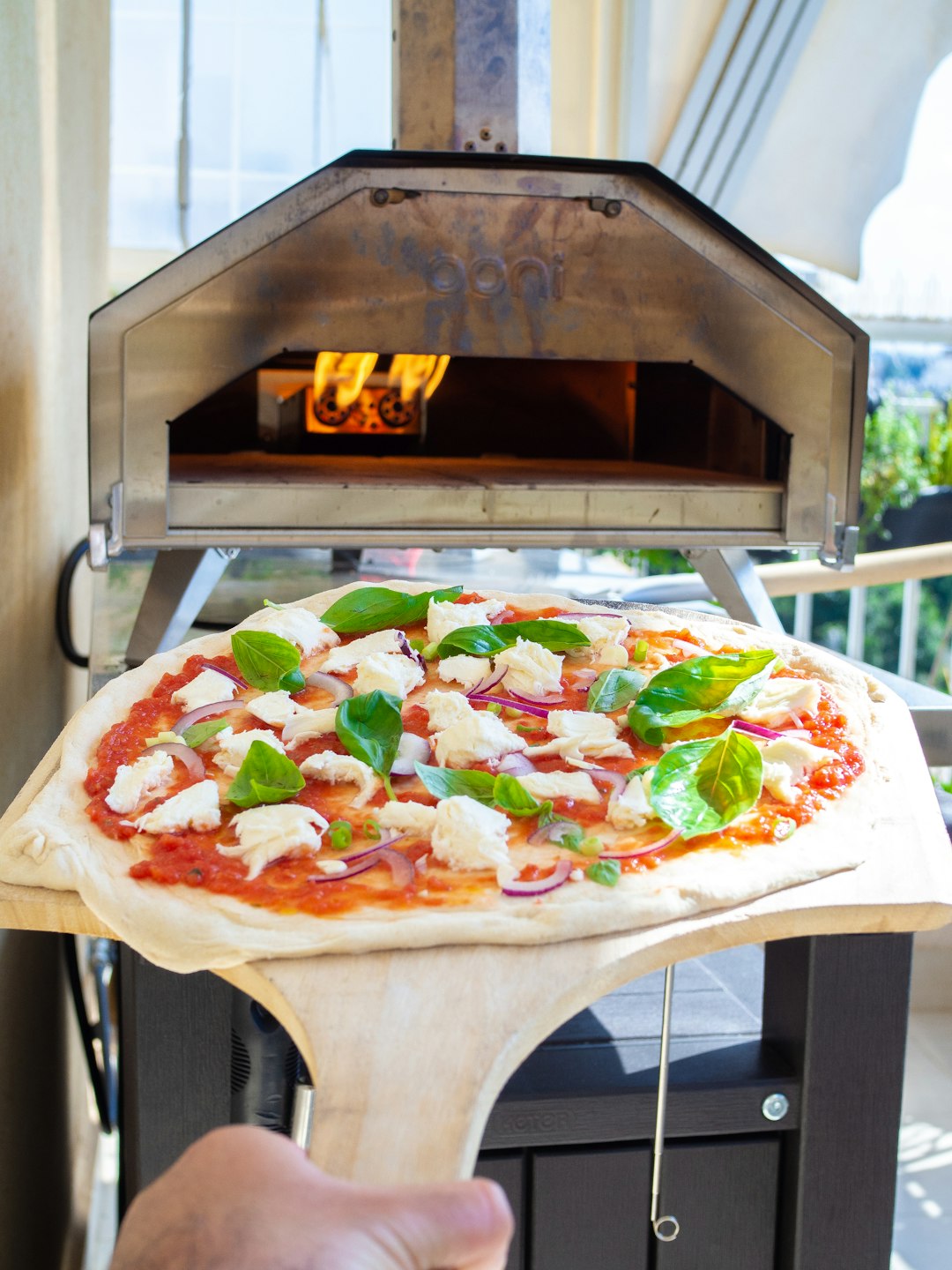The Hidden Dangers of Freezing Certain Foods and Drinks

Frozen foods have long been hailed as a savior in the battle against food waste and a convenient tool for simplifying meal preparation. They allow us to stock up on ingredients, extend their shelf - lives, and have a quick meal option at our fingertips. However, not all foods and drinks are suitable for the freezer. In fact, freezing some of them can lead to a significant decline in quality and, in some cases, even pose a safety risk.
Let's start with fruits that don't fare well in the freezer. Watermelon, for example, has a very high water content. When you freeze it, the water inside the cells expands as it turns to ice. This expansion causes the cell walls to rupture. Once thawed, the watermelon loses its crisp texture and becomes a soggy mess. It also loses a lot of its flavor, making it an unappetizing option. Another fruit to avoid freezing is grapes. Similar to watermelon, the high water content in grapes leads to a change in texture. When frozen and then thawed, they become mushy and lose their natural juiciness. The skin may also become tough and unpalatable.
Vegetables are another category with some freezer - no - no's. Lettuce is a prime example. Lettuce is mostly water, and freezing it will cause the same cell - wall rupture as in fruits. When you take it out of the freezer and let it thaw, it will wilt and turn brown. The delicate leaves will become limp and lose their crunch, making it useless for salads or sandwiches. Cucumbers are also not freezer - friendly. Freezing cucumbers will turn them into a soft, watery mass. Their crispness is completely lost, and they become unappealing both in terms of texture and taste.
Now, let's talk about dairy products. Cottage cheese is a dairy item that should not be frozen. The freezing process causes the curds in cottage cheese to break down. When thawed, it becomes grainy and separates into a watery liquid and lumpy curds. The smooth, creamy texture that we associate with cottage cheese is completely destroyed. Sour cream is another dairy product that doesn't freeze well. Freezing sour cream can cause it to separate into a thick, clumpy mass and a thin, watery layer. It loses its smooth consistency and becomes difficult to use in recipes.
As for drinks, carbonated beverages are a big no - no for the freezer. When you freeze a carbonated drink, the liquid expands as it turns to ice. This expansion can cause the container to burst, whether it's a can or a plastic bottle. In addition, once the drink thaws, it will lose its carbonation. You'll be left with a flat, unappealing beverage that lacks the fizz we enjoy in carbonated drinks.
So, how can you ensure that you're using your freezer effectively while avoiding these issues? First, always check the suitability of a food or drink for freezing before putting it in the freezer. If you're unsure, do a small test batch first. When storing foods that are freezer - friendly, make sure to use proper storage containers. Airtight containers or freezer bags can help prevent freezer burn and keep your food fresh for longer. Label your containers with the date of freezing so that you can keep track of how long the food has been in the freezer. This will help you use the food in a timely manner and avoid any quality issues.
In conclusion, while frozen foods can be a great asset in the kitchen, it's important to be aware of which foods and drinks should not be frozen. By avoiding freezing the wrong items, you can save yourself from disappointment and ensure that you're always enjoying high - quality food and drinks.